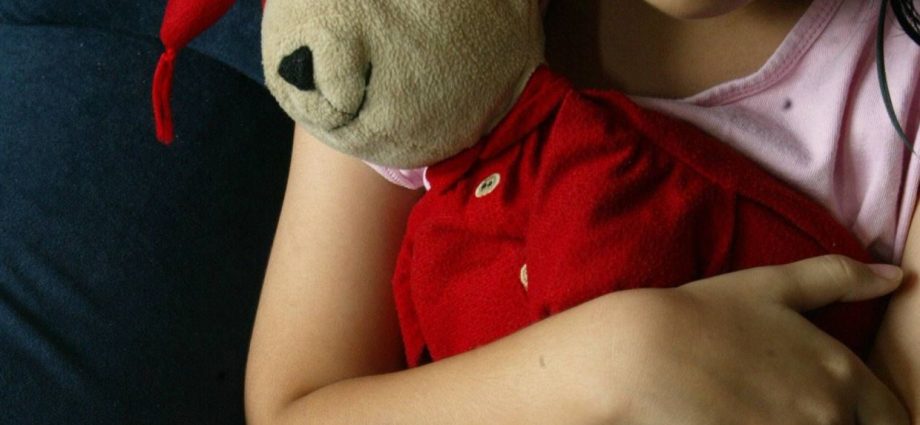
KUALA LUMPUR: At least 4% of children, aged between 12 and 17, who use the Internet in Malaysia are subjected to online sexual exploitation and abuse, reveals a report by the United Nations Children’s Fund (Unicef).
It includes being blackmailed to engage in sexual activities, having their sexual images shared without permission, or being coerced to engage in sexual activities through promises of money or gifts.
ALSO READ: Exclusive-Brands blast Twitter for ads next to child pornography accounts
“Scaled to the population, this represents an estimated 100,000 children who may have been subjected to any of these harms in the span of a single year,” the Disrupting Harm in Malaysia report stated.
The report also said that, however, the number might be underreported and the real figure could be higher.
ALSO READ: Nobel laureate defies attacks, death threats to continue fight to end child exploitation
A total of 995 Internet-using children comprising 517 boys and 478 girls were involved in the household survey that was held nationwide from April to November last year.
End Commercial Sexual Exploitation of Children (CSEC) Network Malaysia chair Datuk Dr Raj Karim said children should be empowered with comprehensive sexuality education to protect them from any unwanted sexual contact.
ALSO READ: TikTok mums are spreading the word about sexual exploitation — and reaching millions
“There must be trust and confidence nurtured between children and adults so as to ensure early identification and reporting of both online and offline child sexual exploitation and abuse and in no way, should children be blamed, shamed or stigmatised,” he said.
The multinational report, involving 13 countries in Eastern and Southern Africa as well as South-East Asia, was produced by End Child Prostitution and Trafficking (ECPAT) International, Interpol and Unicef Office of Research — Innocenti.
In Malaysia, it was supported by the Women, Family and Community Development Ministry while the technical committee was chaired by the Malaysian Communications and Multimedia Commission (MCMC).
Unicef Representative to Malaysia Edgar Donoso said the government has demonstrated its commitment to protecting the children online and offline based on the findings of the report.
“For children, the border that separates cyberspace and real life does not exist. The friendships and knowledge children gain online have as much impact as the ones they have offline.
“And of equal consequence, are the abuse and exploitation they may face. Children are better protected when we arm them with knowledge, including comprehensive sexuality education and providing support when they face such harms,” he said at the report launching here today (Sept 29).
The report also found that 9% of the children respondents were subjected to uncomfortable sexual comments which majority of comments made by someone they knew.
Another 9% of the children also said they received unwanted sexual images in the past year, while 5% of the surveyed children said they were asked to talk about sex or sexual acts.
According to the survey, 3% of the children said they received requests to send a photo or video showing their private parts when they did not want to.
The public can read the full report at https://unicef.org/malaysia/reports/disrupting-harm-malaysia

